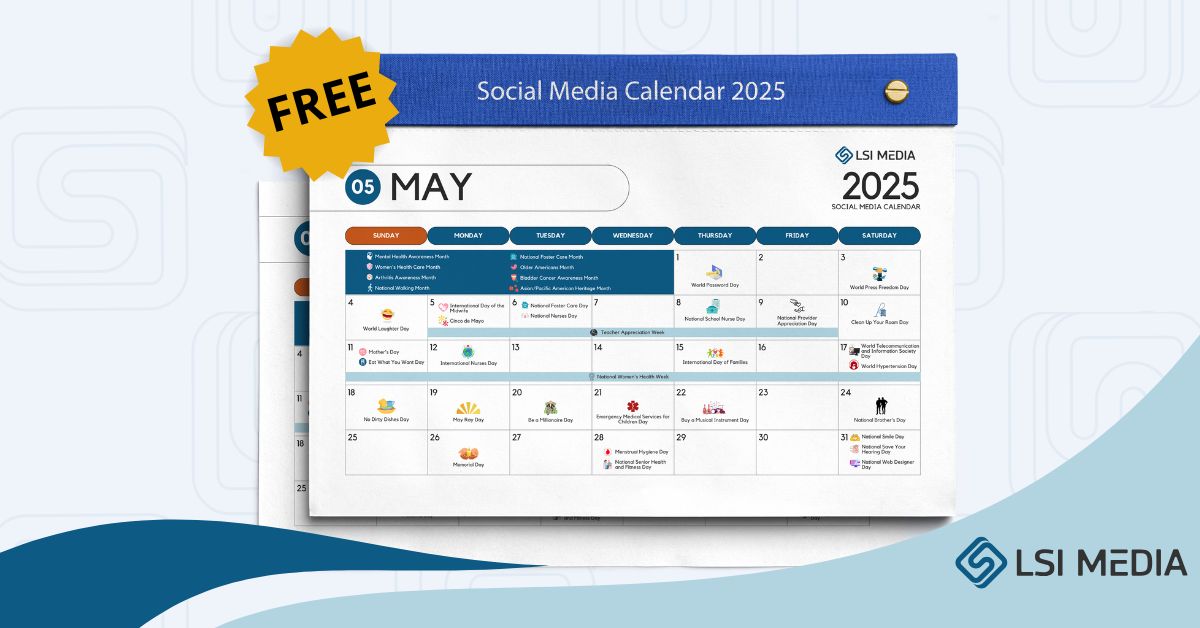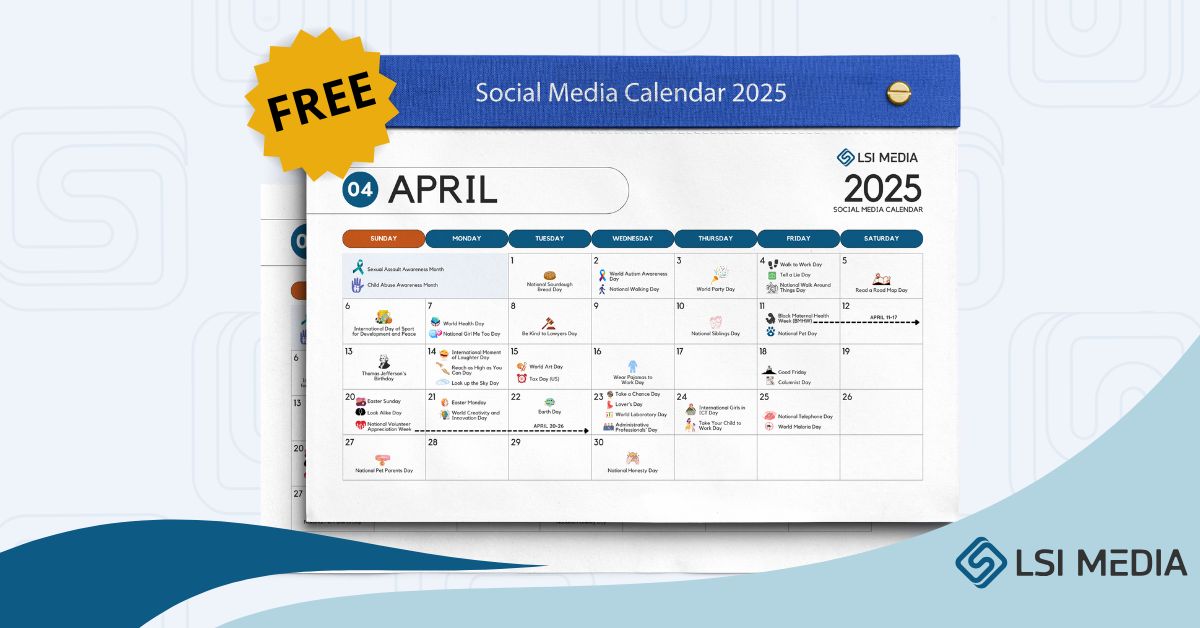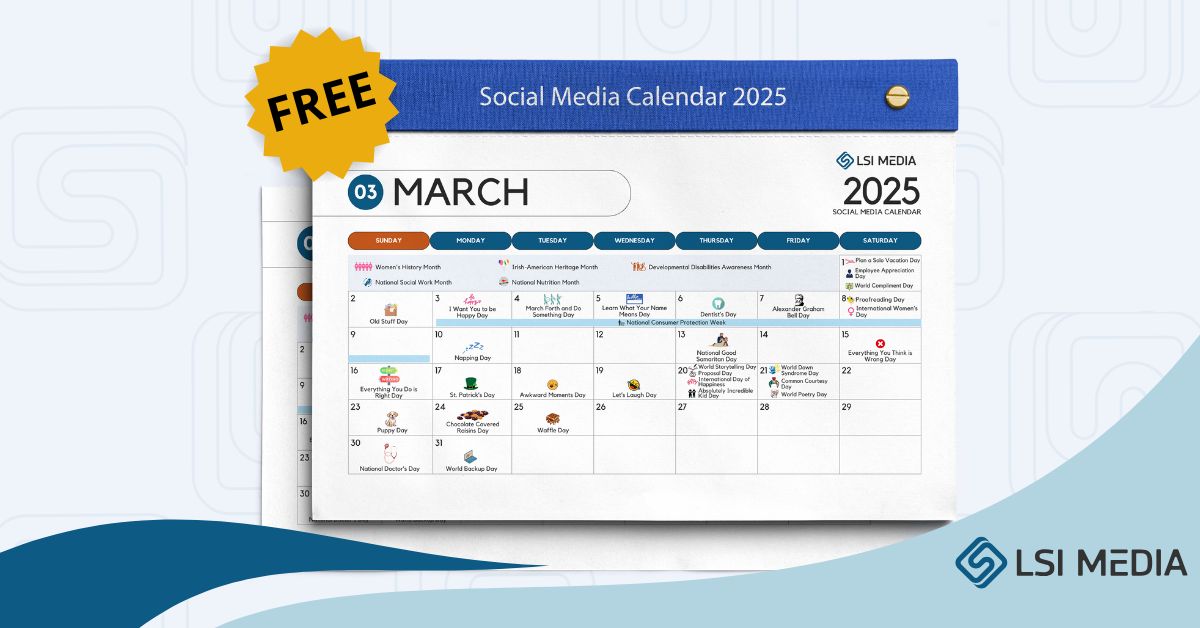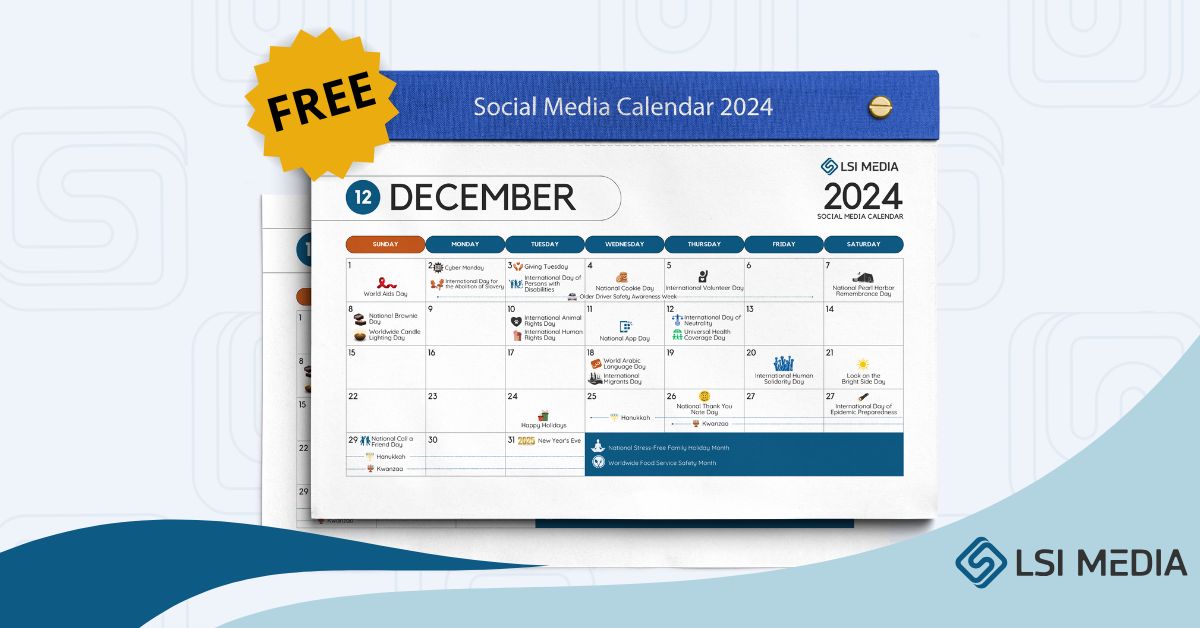[ez-toc]
Measuring Social Media ROI Must Never Be Daunting
The trend of social media marketing has also made the scope and concept of measuring or calculating social media ROI seem astounding. In fact, it amazes even the most techie-heavy individuals because many so-called social marketing “experts” has simply complicated things and taken out the fun challenge of social media calculations and applications.
Social Media ROI Isn’t Difficult to Understand
Basically, ROI, or return on investment, has its roots in business finance. It still involves numbers, but this is no reason to complicate matters, especially for numbers and statistics of allergic persons. Put, social media ROI is what you get back from all the resources, effort, and time you put into social media marketing.
Naturally, there are no monetary calculations with retweets, likes, shares, and other social media marketing help because social media is a no-cost platform and channel to enter into. It’s a zero-dollar investment. Social media would never have proliferated if people had to pay a membership fee to join Facebook or Twitter. This caused the death of such early social media channels as Friendster which offered only a basic platform, and you needed to pay for a premium page for more features. Therefore, since social media is a zero-amount investment, any return from it is already considered ROI.
However, it would help if you still tracked ROI. This is different from calculating or measuring because you need some investment to start with, and social media has zero investment amount. For more social media marketing help in this tracking, you need to identify and then attach a monetary amount to your social media goals and see what you get from them. Difficult? Not really. Possible? Definitely.
What Do You Want to Achieve from Social Media ROI?
Be specific with your goals. Here’s a list of possibilities and ideas for specific business goals:
- New followers
- Clicks on updated links
- Online purchases
- Signups for newsletters or subscriptions
- Downloads of PDF files and other content
- Time spent on the main webpage
Track those goals
You can choose to use social media marketing help tools for this or not. If a certain goal isn’t that hard to track, you can manually count and track, for instance, the number of sales, downloads, and signups. Interactions may take time since this is tracking and counting shares, follows likes, retweets, etc.
Assign a monetary value to these goals
For general social marketing, for example, you can apply the following:
- Facebook Likes – $0.50 each
- Facebook Purchases – $0.60 for every sale made
- Facebook Shares – $0.50 each
- Promoted Tweet – $3.50 per thousand impressions
- LinkedIn – $2.00 per click
It all depends too on what platform you’re using. In theory, the above is used to measure the money spent on your time doing social marketing. Now calculate how much you earn from each sale or purchase after subtracting other costs, and whatever total, subtract whatever you tracked from your social media business goals. It wasn’t that difficult, was it?
In Conclusion
Understanding and measuring social media ROI is crucial for any business looking to succeed in the digital age. By tracking key metrics such as engagement, reach, and conversion rates, companies can gain valuable insights into the effectiveness of their social media efforts. It is important to note that social media ROI is not solely about monetary returns, but also about building brand awareness and loyalty.
It is essential to set clear objectives and goals, as well as establish benchmarks to measure progress. While calculating social media ROI may seem challenging, there are various tools and analytics platforms available to simplify the process. Additionally, businesses should continually analyze and adjust their social media strategies based on the data collected.
By constantly iterating and optimizing their campaigns, companies can maximize their social media ROI and ultimately drive business growth. It is also crucial to remember that social media ROI is a long-term investment, and results may not be immediately visible. However, by consistently monitoring and evaluating performance, businesses can make informed decisions and allocate resources effectively. Overall, integrating social media ROI into a company’s marketing strategy is essential to stay competitive and thrive in today’s digital landscape.
FAQs:
1. What is social media ROI?
Social media ROI stands for Social Media Return on Investment. It is a measure of the effectiveness and profitability of your social media efforts. It helps you understand whether your social media efforts are generating enough value to justify the resources invested.
2. Why is social media ROI important?
Social media ROI is important because it allows you to measure the impact of your social media activities on your overall business goals and objectives. It helps you determine whether your social media efforts are contributing to the bottom line and helps you make informed decisions about resource allocation.
3. How can I calculate social media ROI?
Calculating social media ROI involves measuring the monetary value generated from your social media activities and comparing it to the costs incurred. This can be done by tracking metrics such as conversions, sales, customer acquisition, and brand awareness. You can use various analytics tools to gather this data and calculate your ROI.
4. What are some key metrics to track for social media ROI?
Some key metrics to track for social media ROI include reach, engagement, conversion rate, click-through rate, customer acquisition cost, and customer lifetime value. These metrics provide insights into the effectiveness of your social media efforts and help you understand the return you are getting from your investment.
5. How can I improve my social media ROI?
To improve your social media ROI, you can focus on various strategies such as optimizing your content for engagement, targeting the right audience, utilizing paid advertising to reach a wider audience, leveraging influencer marketing, creating a strong call-to-action, and regularly analyzing and adjusting your social media strategy based on performance data.
6. Are there any common challenges in measuring social media ROI?
Yes, there are common challenges in measuring social media ROI. Some challenges include accurately attributing conversions to social media, dealing with data limitations and inconsistencies, determining the value of intangible benefits such as brand reputation and customer loyalty, and aligning social media metrics with overall business objectives.





















